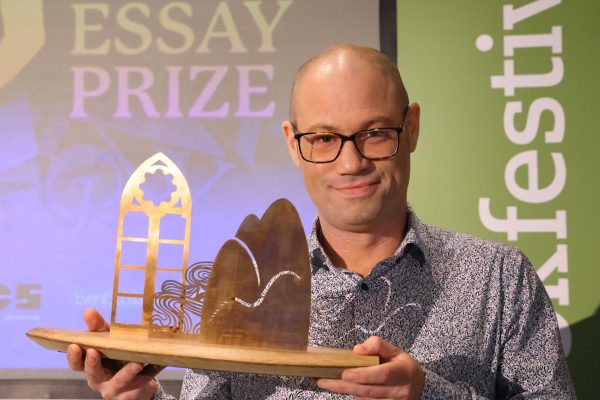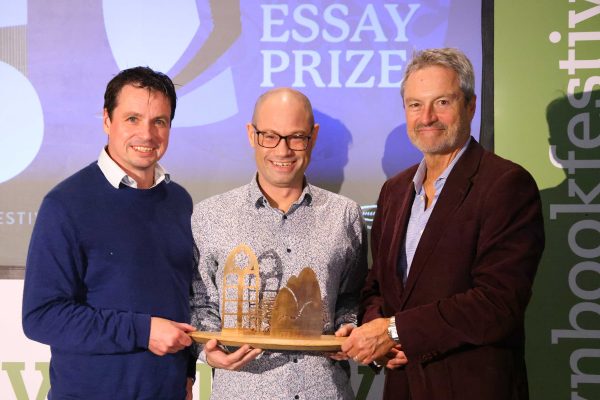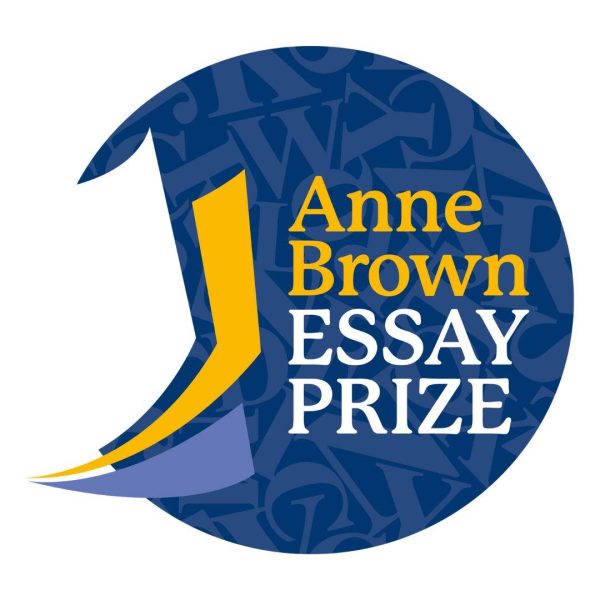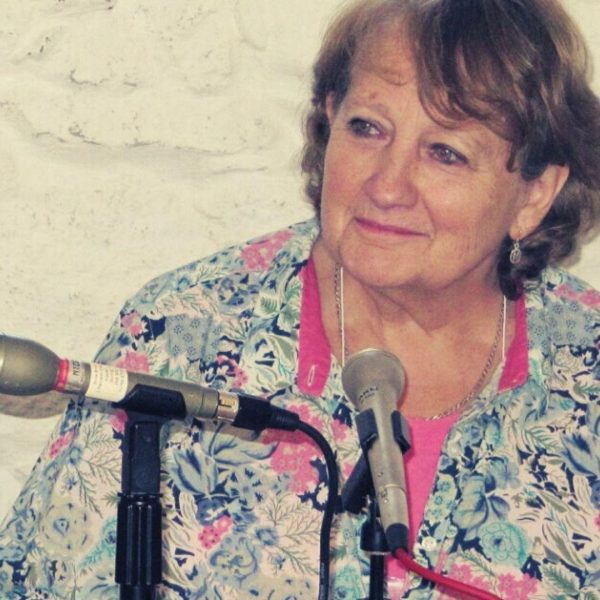Winning the Anne Brown Essay Prize
Rodge Glass


I entered the Anne Brown Prize after reading Dani Garavelli’s sensitive essay ‘The Bequest’, which reflected on her Italian-Scottish heritage. At the time, I was writing responses to my own Jewish heritage. I write as a way of coping, but in this case I was also trying to do something positive that might act as a memorial to a short life. My baby nephew Joshua died from HHT, a rare genetic blood condition he and I share with multiple other members of the family, including my mum and brother. 90% of people with HHT remain undiagnosed and there has never been a book published in the UK about the condition. I wanted to write that book, in Joshua’s name.
‘On the Covenant’ focuses on the ‘Bris’ ceremony for Joshua’s little brother, which took place mid-pandemic, and my own conflicted response to it. For many of us, that occasion was weighted with Joshua’s legacy. The essay is written to stand alone, but also to be one part of a connecting thread, culminating in my attempt to write a biography of Joshua’s life, with the cooperation and support of his parents. I have spent much of my professional life writing about the lives of others. Often, those others have had plenty of attention. This one might otherwise go unseen, something Joshua’s mum has described as ‘every grieving mother’s greatest fear’.
The essay form is incredibly strong in Scotland just now, meaningfully diverse too; the shortlist for this prize proves it. The essential climate change nonfiction of Stephen Rutt and Paul McQuade; Jen Stout’s brave Ukrainian portraits in ‘Hunting for Vakulenko’; a clutch of essays that explore heritage and legacy from some of Scotland’s finest writers - Katie Goh’s ‘Longyan’, Victoria McNulty’s ‘An Absence Tells a Story’, Monica Wolfe’s ‘Sinship’. Roxani Krystalli’s fearless ‘Impermissible Joys’ explores the policing of expression online, while Kirsty Logan’s typically charged ‘Just Come a Little Closer: RAZE (2013)’ blends reflections on supportive communities of women with the power of violence in film.
This shortlist was a reminder to me of how well folk do this in Scotland. The essay encourages us to look both outwards and inwards at once, with nuance, with doubt. In a world so dominated by sureness and loud voices, that nuance matters. Compassion matters, too. In that context, the essay form is a gift. So is a prize that supports and celebrates it.
Rodge Glass



